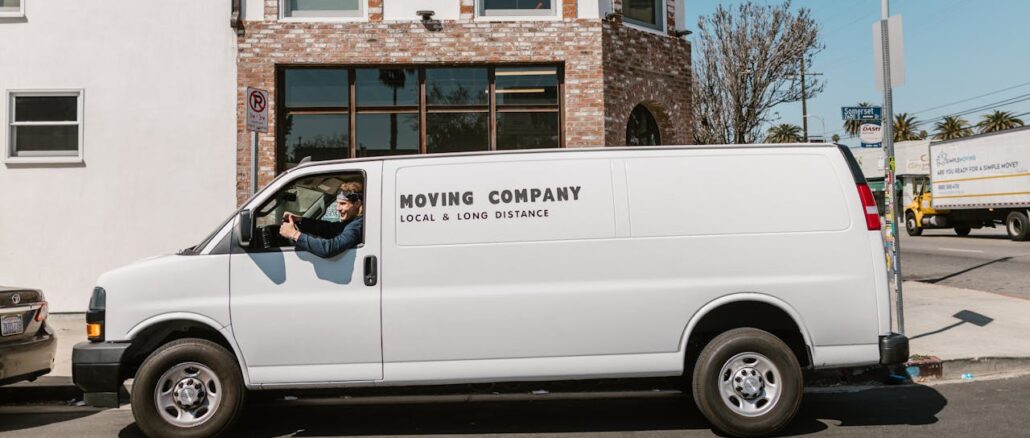
Moving can be both exciting and overwhelming. Whether you are relocating for a new job, pursuing educational opportunities, or simply seeking a change of environment, the process involves detailed planning and coordination. One of the key distinctions in the moving industry is the difference between local and long-distance moves. Understanding how these moves are defined can help you budget wisely, select the right moving company, and prepare for the journey ahead.
On the other hand, long-distance moves entail the transportation of goods over a more substantial distance, often across state lines or even across the country. Unlike local moves, long-distance relocations are not charged hourly; instead, they are typically priced based on the weight of the items being moved and the distance to the destination. Let’s explore the elements that contribute to the definition of a long-distance move, as well as the various long distance moving options, to furnish a clearer perspective.
Local vs. Long-Distance Moves
A local move is generally confined to a short distance, often under 50 to 100 miles, within the same city or region. These moves are typically completed in a single day, with charges based on hourly labor. In contrast, a long-distance move involves greater distances, interstate transportation, and more complex logistics. This distinction is important, as it determines not only the moving costs but also the services required for a successful relocation.
Key Factors That Define Long-Distance Moves
Moving companies often consider a combination of elements when classifying a relocation as long-distance:
-
Distance Threshold – Moves exceeding 100 miles are commonly labeled long-distance.
-
Crossing State Lines – Interstate moves automatically fall into the long-distance category, regardless of mileage.
-
Transportation Method – Larger trucks, specialized equipment, and multiple drivers are often necessary.
-
Pricing Structure – Charges are based on shipment weight, mileage, and additional services, rather than hourly rates.
Why the Definition Matters
Understanding whether your move is local or long-distance has a direct impact on planning and budgeting. Local moves might take a few hours and cost relatively little, while long-distance relocations often involve multiple days of travel, complex scheduling, and significantly higher expenses. This knowledge also helps in choosing the right insurance, permits, and level of professional support needed.
Preparing for a Long-Distance Move
Getting ready for a relocation requires more preparation than a local move. Here are some key steps:
-
Compare Multiple Quotes – Evaluate at least three licensed moving companies for transparency in pricing and services.
-
Declutter Beforehand – Reducing shipment weight lowers costs significantly.
-
Check Delivery Windows – Unlike local moves, long distance deliveries may take several days or weeks.
-
Secure Proper Insurance – Protect your belongings during transit.
-
Plan Ahead – Book early, especially during peak seasons like summer.
Long-Distance Moving Options
Depending on your needs, there are several options:
-
Full-Service Movers – Handle everything from packing to transport and unpacking.
-
Self-Service Moves – You pack your belongings, and the company transports them.
-
Container Shipping – Portable storage containers are delivered, packed at your convenience, and then transported.
-
Freight Shipping – A cost-effective option if you have fewer items to move.
The Role of Professional Movers
Professional moving companies streamline the process by handling logistics, ensuring items are packed safely, and complying with interstate regulations. Their experience minimizes risks and reduces the stress associated with long-distance relocation.
Final Thoughts
Understanding the criteria that define long-distance moves helps you make informed decisions, from budgeting to selecting the right services. While the journey may seem daunting, proper preparation and choosing a reliable moving company can make the process smoother and less stressful. With the right plan, your long-distance move can be a successful transition to the next chapter of your life.
Photo by RDNE Stock project:

